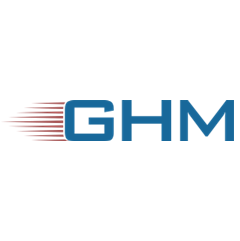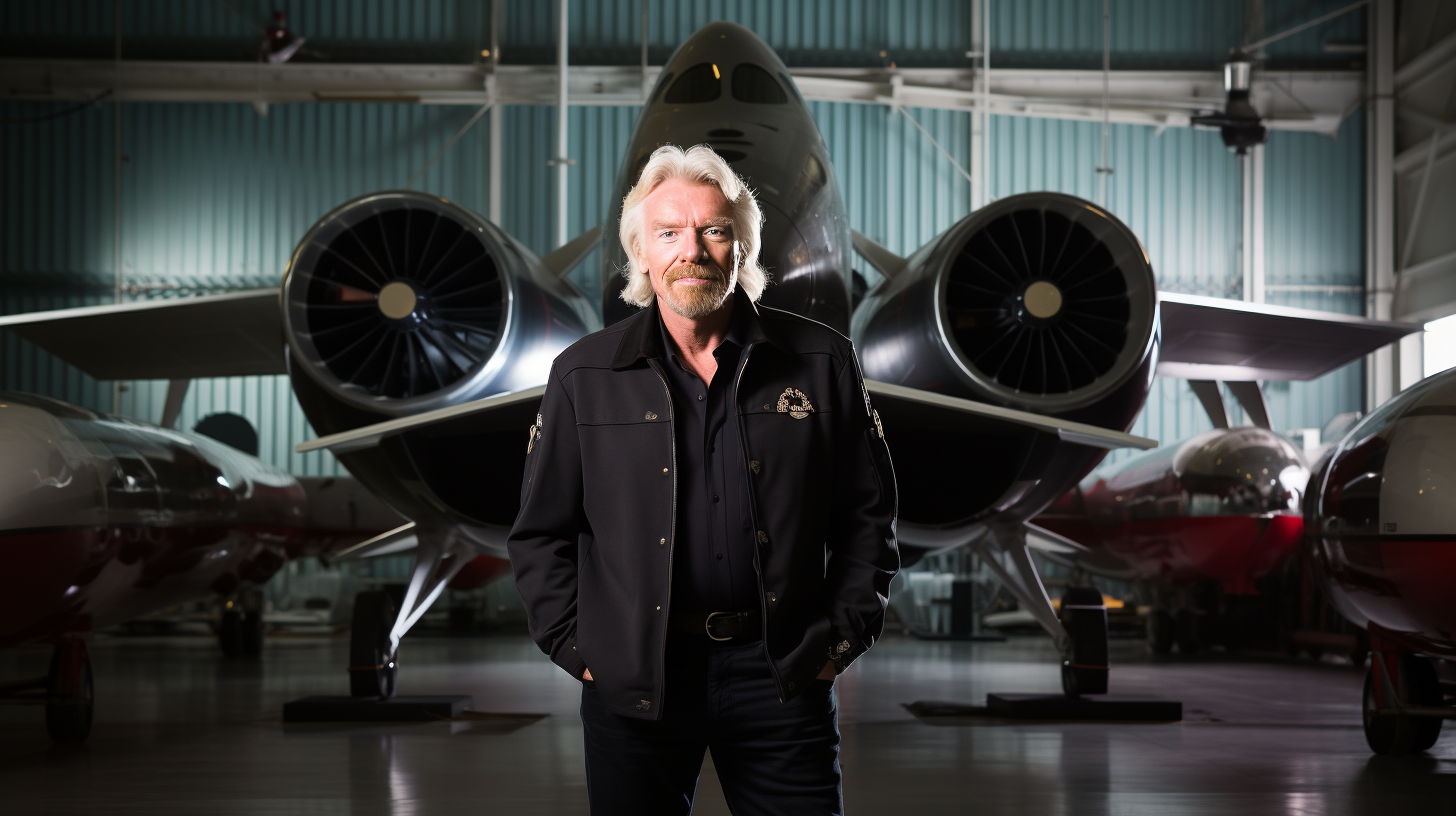
Research News and Market Data on Graham Corporation
May 01, 2025 8:30am EDT
BATAVIA, N.Y.–(BUSINESS WIRE)– Graham Corporation (NYSE: GHM) (“GHM” or “the Company”), a global leader in the design and manufacture of mission critical fluid, power, heat transfer, and vacuum technologies for the defense, space, energy, and process industries, today announced a strategic investment to support the implementation of new Radiographic Testing (“RT”) equipment at Graham’s Batavia, New York facility.
The investment of $2.2 million, from one of GHM’s customers, will enhance the Company’s capabilities in evaluating critical welds in support of the Columbia and Virginia class submarine programs. As part of the investment, Graham will also contribute $1.4 million for a total project cost of $3.6 million.
Daniel J. Thoren, CEO commented, “This strategic investment in RT equipment represents our commitment to delivering the highest quality components for critical naval defense programs. The upgraded RT capabilities at our Batavia facility is expected to significantly enhance our production efficiency while ensuring superior quality control for the vital welds that support the Columbia and Virginia class submarine programs. We’re grateful for our customer’s commitment to drive enhanced manufacturing infrastructure and are excited to continue our partnership.”
The strategic investment creates opportunities to support future, multi-year orders with potential enhanced revenue expected to begin in calendar year 2026.
This agreement builds upon previously announced investments by partners, including $13.5 million to expand defense production capabilities in Batavia in August 2023 and $2.1 million by the BlueForge Alliance in July 2024 to expand Graham’s welder training program in support of the U.S. Navy’s Submarine Industrial Base initiatives.
About Graham Corporation
Graham is a global leader in the design and manufacture of mission critical fluid, power, heat transfer and vacuum technologies for the defense, space, energy, and process industries. Graham Corporation and its family of global brands are built upon world-renowned engineering expertise in vacuum and heat transfer, cryogenic pumps, and turbomachinery technologies, as well as its responsive and flexible service and the unsurpassed quality customers have come to expect from the Company’s products and systems. Graham Corporation routinely posts news and other important information on its website, grahamcorp.com, where additional information on Graham Corporation and its businesses can be found.
Safe Harbor Regarding Forward Looking Statements
This news release contains forward-looking statements within the meaning of Section 27A of the Securities Act of 1933, as amended, and Section 21E of the Securities Exchange Act of 1934, as amended.
Forward-looking statements are subject to risks, uncertainties and assumptions and are identified by words such as “continue,” “expects,” “future,” “will,” and other similar words. All statements addressing operating performance, events, or developments that Graham Corporation expects or anticipates will occur in the future, including but not limited to, expected expansion and growth opportunities, and expected benefits from the implementation of new RT equipment, are forward-looking statements. Because they are forward-looking, they should be evaluated in light of important risk factors and uncertainties. These risk factors and uncertainties are more fully described in Graham Corporation’s most recent Annual Report filed with the Securities and Exchange Commission (the “SEC”), included under the heading entitled “Risk Factors”, and in other reports filed with the SEC.
Should one or more of these risks or uncertainties materialize or should any of Graham Corporation’s underlying assumptions prove incorrect, actual results may vary materially from those currently anticipated. In addition, undue reliance should not be placed on Graham Corporation’s forward-looking statements. Except as required by law, Graham Corporation disclaims any obligation to update or publicly announce any revisions to any of the forward-looking statements contained in this news release.
View source version on businesswire.com: https://www.businesswire.com/news/home/20250501364749/en/
For more information, contact:
Christopher J. Thome
Vice President – Finance and CFO
Phone: (585) 343-2216
Tom Cook
Investor Relations
Phone: (203) 682-8250
tom.cook@icrinc.com
Source: Graham Corporation
Released May 1, 2025



